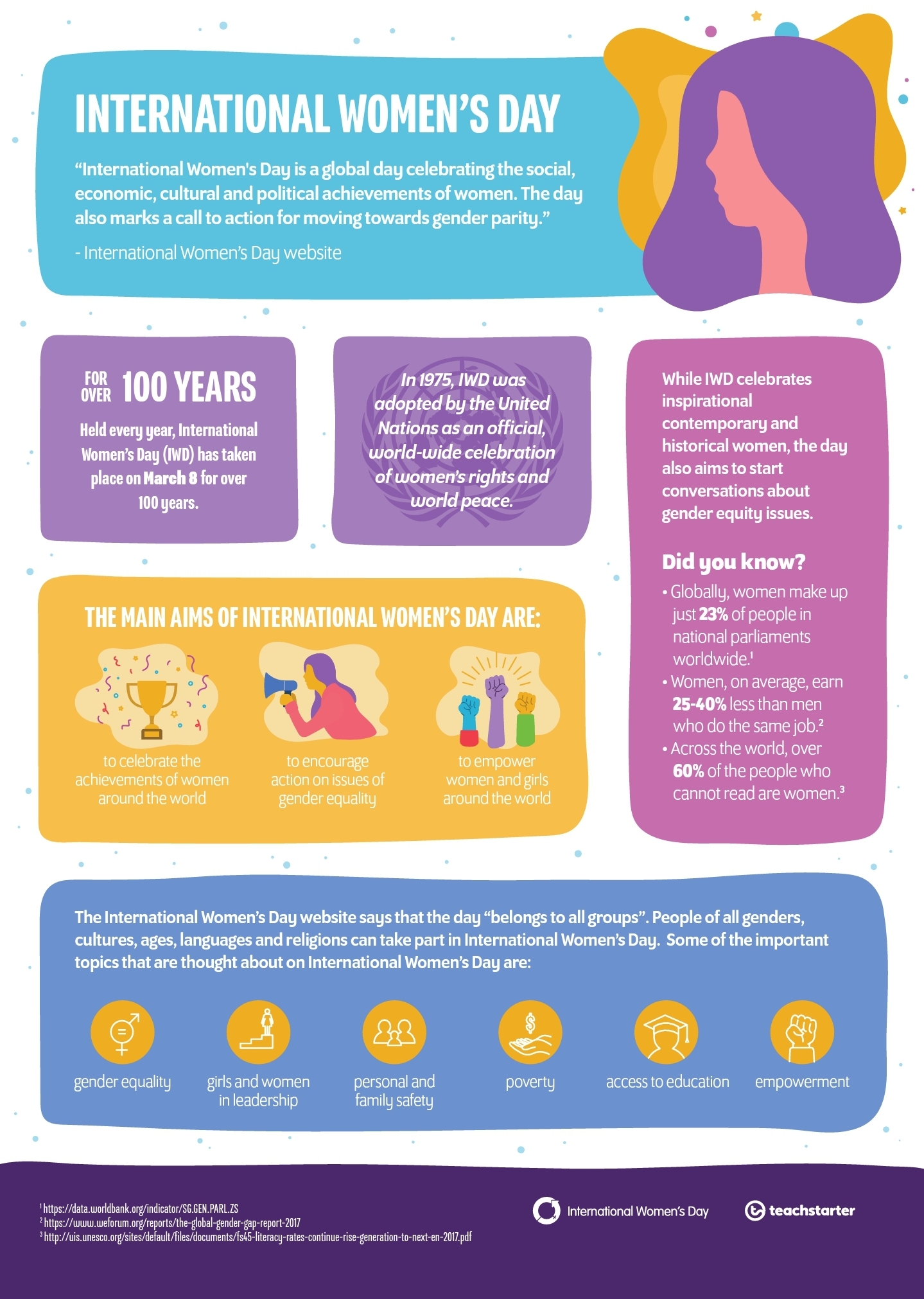As the COVID-19 situation is progressing and the Government guidance continues to change, individuals may be feeling anxious. Mental Health support during times like these are paramount, which is why Care first have worked tirelessly to ensure our services remain available 24/7 throughout the pandemic to provide emotional and practical support and ensure we have every aspect of your overall wellbeing covered. Where clinically appropriate Care first are continuing to offer structured counselling through phone and virtual software. At Care first the health and safety of both you the employee and our counselling team are absolutely paramount, any changes to our structured counselling process will be made in line with government guidance.
Counselling support
Our team of professionally trained, qualified and BACP Accredited Counsellors are available 24/7 to offer support for personal or workplace related issues. As well as the headline issues surrounding mental health, our Care first counsellors are also trained in dealing with both work and home grievances, bullying & harassment issues, domestic violence, relationships at both home and at work and much more. No matter how big or small the problem may be, our counsellors are here for you to provide you with unbiased support away from the situation. Everyone has very individual needs for support, Care first provides short term focused counselling, so the Care first Counsellor will assess your circumstances when you call to establish what the most appropriate form of support will be for you. It might be that you just need a brief conversation with the Counsellor that day, or you may benefit from a few more sessions.
Information Specialists
As control, or the lack of it, can be an influencing factor on the impact of stress. Many individuals identify stress as emotional, however, a lack of control around practical issues can be just as impactful. We have expert advisors that have been trained by Citizens Advice who can provide you with comprehensive answers and assistance on a wide range of practical issues which can affect our daily life, these include but are not limited to; redundancy, advice on funerals and probate, legal information, housing and tenancy issues, childcare, eldercare, health, consumer issues, employment, travel and education. Our Information Specialists are also money trained experts and can provide support with a variety of financial queries such as help with budgeting finances and advice with benefits. You can speak with one of our Information Specialists confidentially Monday-Friday between 8am-8pm.
Management Support
If you are a manager, have leadership responsibilities, or look after a team within your organisation, it is as important as ever that your colleagues are made aware of the range of support available from Care first. As well as supporting you to signpost your colleagues to the Care first service effectively to maintain your managerial boundaries, Care first can also provide you with support within your role as a manager. Care first Counsellors are all management trained and can provide support with issues such as if the organisation is going through a period of redundancy, managing change and difficult conversations, workplace performance, remote working, absence management and disciplinaries.
Care first Lifestyle
Through the Care first lifestyle site you can access a wide range of supportive information, read helpful articles published by our team, view Webinars covering a variety of well-being topics and even speak with a Care first Counsellor in real-time via our online counselling facility. You can log into your account by visiting www.carefirst-lifestyle.co.uk and logging in using your organisation’s unique log in details. If you are unsure what these details are then please contact your line manager or HR department. The Care first Lifestyle website is great place to go to learn more about Care first and the different areas that we can support in.
Care first Zest
With clinically proven intrinsic links between our physical and mental health, Care first Zest provides an interactive health and wellbeing management tool that can help individuals manage and improve all aspects of their mental and physical health. Care first Zest is also an effective means of pro-actively supporting the wellbeing of your team. You can complete the Care first Zest wellbeing assessment which looks at factors including exercise, healthy eating, sleep, smoking, caffeine intake and the amount of water you drink to name a few. The assessment then gives you a score on the different areas and you can see which areas you need to improve on. The idea is that if you can improve the areas you did not score well on then this will have a positive effect on your physical and mental wellbeing.
To find out more about Care first Zest please view the webinar which can be found via the link below:
https://attendee.gotowebinar.com/register/2558790467075481100
Care first Woebot
For some people, picking up the telephone to talk with a counsellor is a terrifying experience. Sometimes, when we most need it, we find it the most difficult time to talk with another human. Finding support earlier rather than later is often the best way to manage issues of low mood. Woebot is an AI tool which provides a truly unique way to help identify issues and learn new strategies to cope and reduce the possibilities of those issues escalating into something bigger, without the need to pick up the phone. Woebot works by programmatically learning how to deliver the most impactful content at the most impactful time to optimise positive clinical outcomes for its user.
To find out more about Care first Woebot please view the webinar which can be found via the link below:
https://youtu.be/3oFyFclUEWU
Care First Service – How it supports?
BACP Counselling – Mental Wellbeing
Information Specialists – Practical issues
Management Support – Support for managers within their working role
Care first Lifestyle – Hub of resources and information
Care first Zest – Physical and Emotional Wellbeing
Care first Woebot – Low mood and Anxiety
How all of these above services link together
As you can see from the above table, all the services that we offer complement each other to ultimately encompass an individual’s overall mental and physical wellbeing, which enables individuals to access professional and clinically proven support.
Our counselling support is available 24/7 to help individuals with any emotional issues that they may have. Our Information Specialists can help individuals with practical information and advice. This practical support is so important because if an individual is concerned about a practical issue, then this can cause detrimental effects to their emotional wellbeing. By getting some support from an Information Specialist this will provide the individual with some clarity on that particular issue, which may help them to feel more in control of a situation and relieve some anxiety.
The Care first Lifestyle site can help individuals who are concerned about an issue. The individual may not know where to start and they can have a look at the resources on our Lifestyle website which may be enough to help them. The Lifestyle website is a great starting place to learn about the types of issues that Care first can support with. The individual can also access our online counselling tool through the Lifestyle website which is an alternative way to access support from a counsellor. By an individual looking through all the resources on our Lifestyle website this can help them to get answers about an issue they may be having. Again by getting some clarity on their issue this may have a positive effect on their mental wellbeing.
The Care first Zest platform is great for improving physical as well as emotional wellbeing. So if an individual takes the wellbeing assessment and then works on the areas that may need some focus. This can then improve their overall wellbeing. Many studies show a link between physical and mental wellbeing, so giving individuals access to this platform enables them to make positive changes.
The Care first AI tool Woebot is a great way for individuals to get support around low mood and anxiety. If Woebot does not detect a positive clinical outcome then Woebot will suggest that the individual speaks to a Care first counsellor if they would like to. Not every individual will feel confident enough to pick up the phone and speak to a counsellor so it is an alternative option for individuals to access support.
If you would like to learn more about ‘How Care first can support you’ then please join our webinar on Tuesday 9th March at 12pm using the details below –
https://attendee.gotowebinar.com/register/7833025703110767372
If you are unable to join the webinar live, a recording of the session can be accessed using the same link above after the webinar has taken place. If you wish to contact the Care first telephone counselling and information line then please don’t hesitate to call the Freephone number provided by your organisation and you can speak to a professional in confidence.


